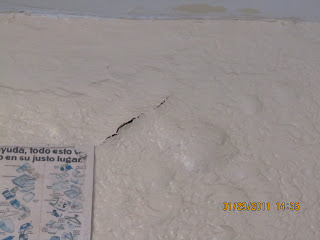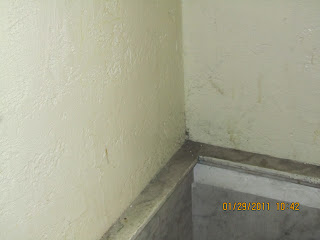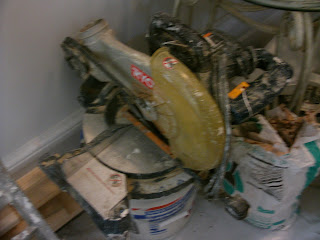There are several types of slip and fall accidents including slippery surface falls, stairway accidents, fall from a terrace or balcony, parking ramp falls, sidewalk falls and bathtub and shower falls, to name a few.
A property owner has an obligation to keep their property in a safe condition for those invited onto the property. If it can be proven that a property owner was negligent and knew or should have known about the dangerous or defective condition that caused a slip and fall, you may be compensated for your injuries.
Every slip and fall accident is unique so, it is to your benefit to hire an experienced slip and fall attorney.
Property owners have an obligation to make sure their property, including parking lots and sidewalks, are maintained and that all snow and ice is removed to avoid possible safety hazards.
Property owners are allowed a "reasonable" amount of time to remove the snow and ice. For example, if you fall on a snowy sidewalk in the middle of a snowstorm, the property owner may not be held liable since the storm was in progress.
If conditions on the property cause an unnatural build up of ice or snow, the property owner may be liable for your slip and fall accident. For example:
If ice accumulated on the roof, then melts and drips off because of a clogged drain, then refreezes on the ground; or
If the parking lot causes melting ice to form puddles, and then refreezes into ice patches.
In addition, if a property owner provides snow or ice removal, they must stay on top of it and provide regular maintenance.
Did the property owner use their common sense? Was there something the property owner "should have known" was dangerous? Did the property owner use reasonable care to keep the property safe? A judge and jury will certainly take the answers to these questions into consideration.
If the property owner is careful in their efforts to keep the property safe and clean, they most likely have shown "reasonable" care. Here are some initial questions you can ask yourself to help determine if a property or business owner may be liable for your injuries:
- Did you trip over a broken, or uneven area of carpet or floor or did you slip on a wet area? If so, was the dangerous condition in place long enough so the owner "should have known" about it? Has any accident happened there before?
- Is there a schedule in place for regular maintenance and cleaning or repairing of the premises? If so, what proof does the owner have of this regular maintenance?
- If you tripped over or slipped on an object someone placed or left on the ground, was there a good reason for the object to be there? If there was a good reason for the object to be there, but that reason no longer existed, could the object have been removed or covered or otherwise made safe?
- Was there a safer place the object could have been located?
- Could a barrier have been created to warn people of a potential danger?
- Did poor or broken lighting contribute to the accident?




















